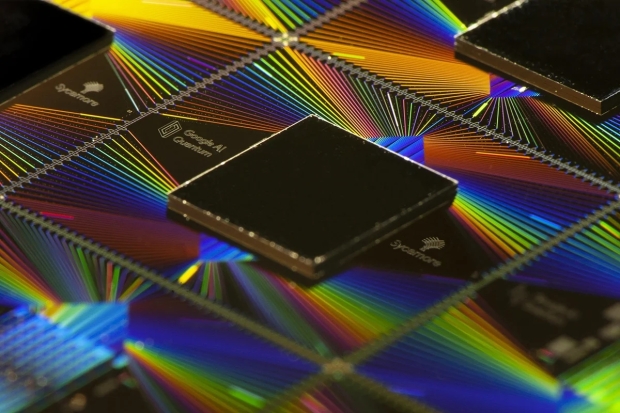These days, transistors in classical computers are measured on the nanometer scale, but superconducting qubits used in quantum are still measured in millimeters.
Qubits exist in an infinite gradation of binary states, and for quantum computers to excel, their qubits need to be on the same wavelength. Traditionally, this has been a size-constrained issue, leading to massive processors and quantum computers. Much like shrinking transistors in classical computers, a way to shrink qubits will be necessary to make quantum computing more viable in the future.
Wang Fong-Jen Professor James Hone's lab at Columbia Engineering has recently collaborated with Raytheon BBN Technologies to shrink qubits by shrinking the capacitors used to power them. Planar capacitors have been used previously, but stacking them to save space would result in interference from the metals used with the qubits.
Instead, Hone's Ph.D. students Abhinandan Antony and Anjaly Rajendra used boron nitride as an insulating layer between two charged plates made from superconducting niobium diselenide. Each layer is only an atom thick, held together with weak van der Waals forces between the electrons. Combining these capacitors with aluminum circuits, the team created a chip containing two qubits only 109 square micrometers in area and 35 nanometers thick, a one thousand-fold smaller than conventionally produced quantum chips.
"We now know that 2D materials may hold the key to making quantum computers possible. It is still very early days, but findings like these will spur researchers worldwide to consider novel applications of 2D materials. We hope to see a lot more work in this direction going forward," Hone said.
You can read more from the study here.



